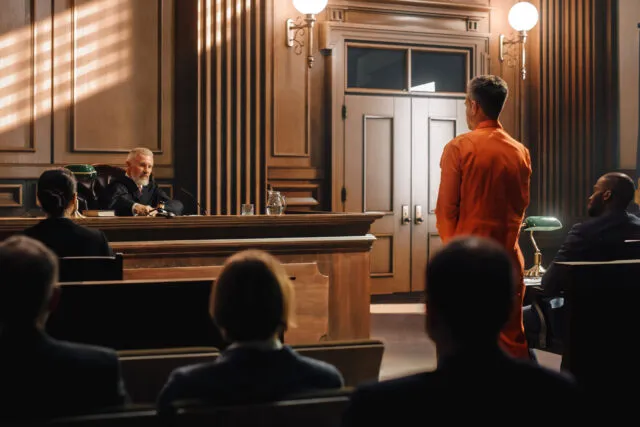
Criminal Defence Solicitors
Facing criminal charges puts your freedom, reputation, and future at risk. In these critical moments, you need more than legal advice — you need a dedicated legal team committed to defending your interests with precision, discretion, and strength.
At Green & Associates Solicitors, we deliver expert criminal defence services to clients across Cork, Kerry, and the wider Munster region, including Southwest Ireland. Whether you’re under investigation or have been charged, our team offers strategic, client-focused support at every stage of the criminal justice process.
We understand the stress and uncertainty that criminal allegations bring. That’s why we take a tailored, results-driven approach — providing clear guidance, honest advice, and robust advocacy in every case.







